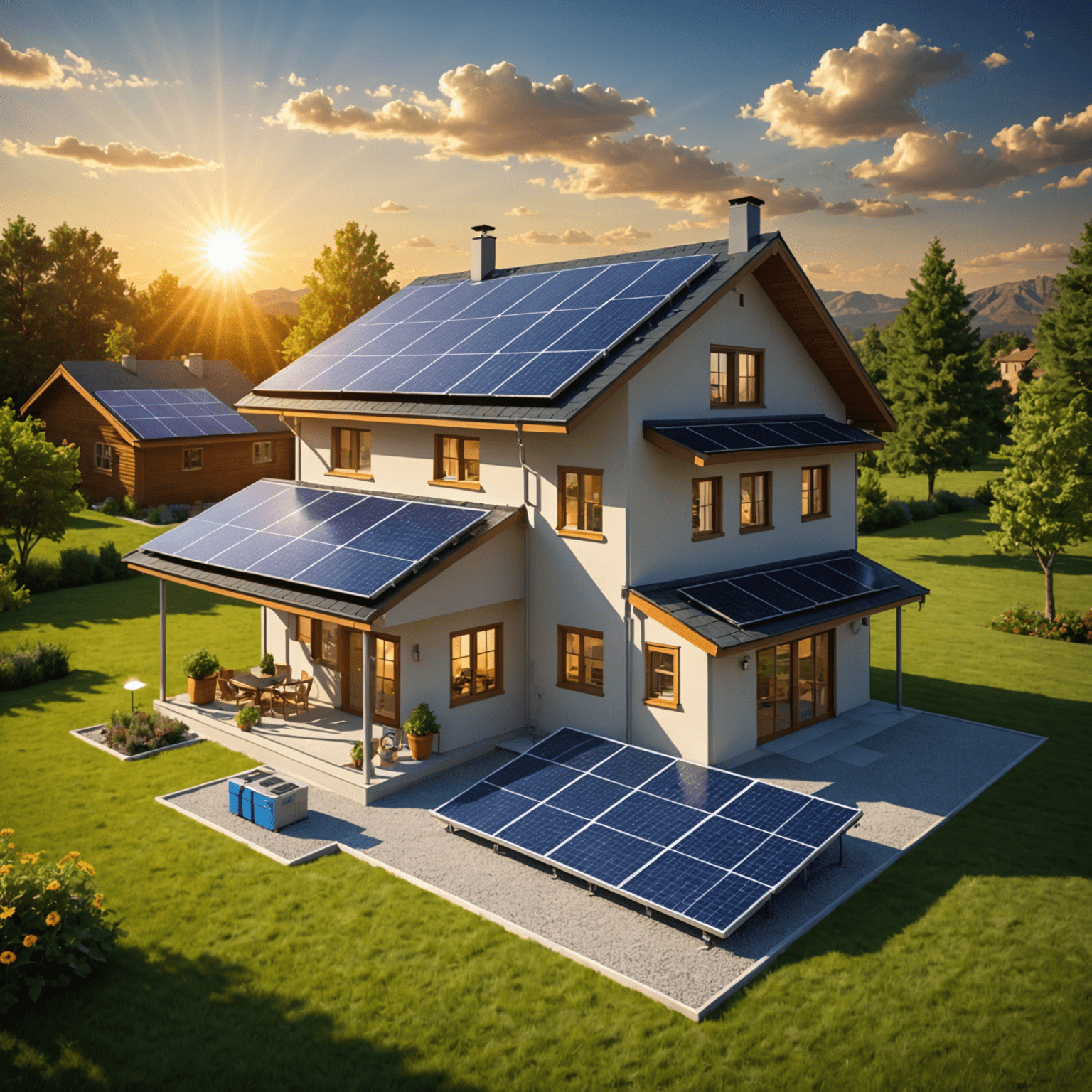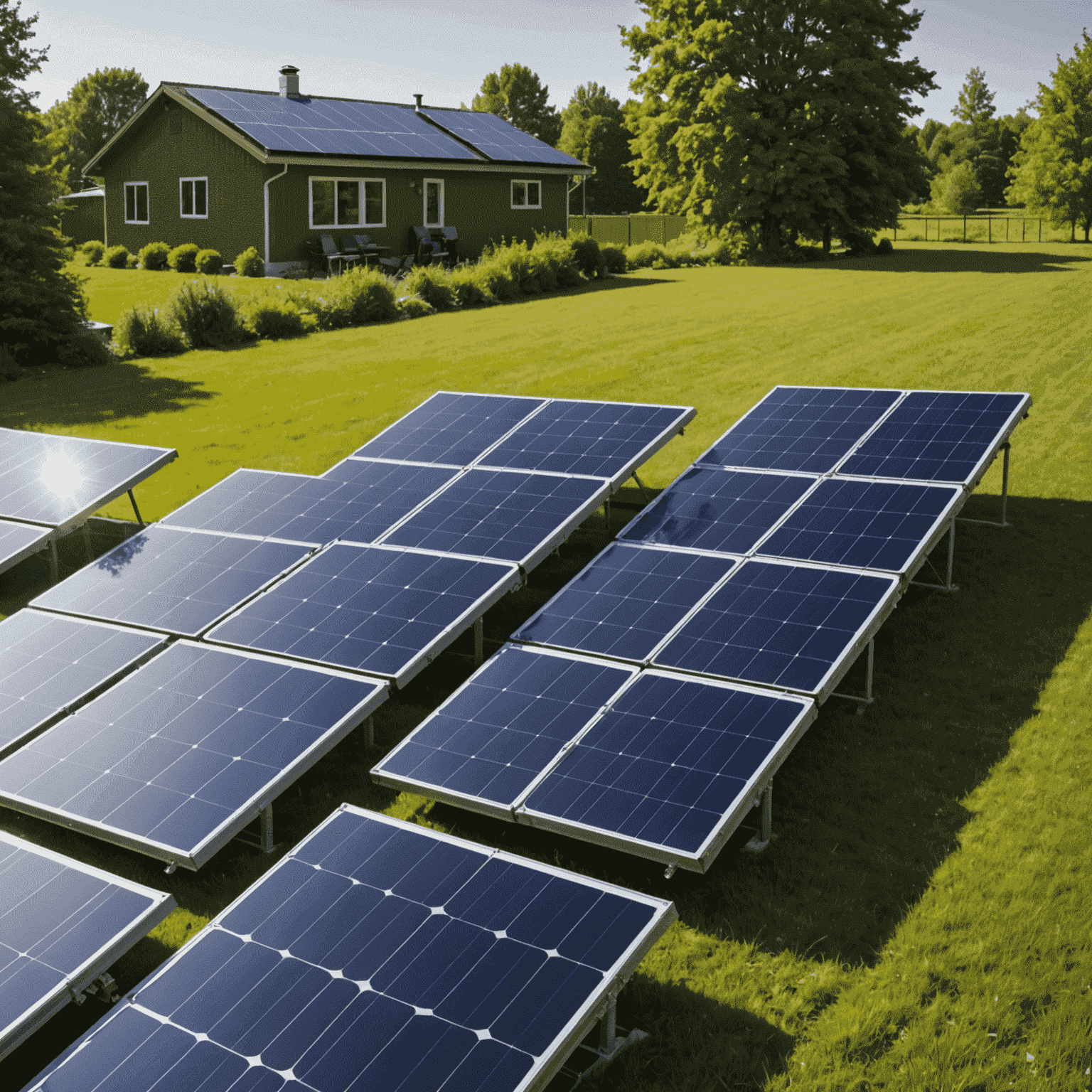Solar Panel Basics: A Beginner's Guide

Solar panels are becoming increasingly popular as homeowners and businesses look for sustainable energy solutions. This guide will introduce you to the basics of solar panels, how they work, and the benefits they offer for both your wallet and the environment.
What Are Solar Panels?
Solar panels, also known as photovoltaic (PV) panels, are devices that convert sunlight into electricity. They consist of many individual solar cells made from silicon, which work together to generate power for your home or business.
How Do Solar Panels Work?
The process of generating electricity from sunlight involves several steps:
- Sunlight hits the solar panels
- The panels absorb the energy, creating an electric field
- The energy is converted from DC to AC power
- The electricity is used in your home or fed back into the grid

Benefits of Solar Panels
For Homeowners:
- Reduced electricity bills
- Increased home value
- Energy independence
- Low maintenance costs
For the Environment:
- Reduced carbon footprint
- Clean, renewable energy source
- Decreased reliance on fossil fuels
- Contribution to a sustainable future
Types of Solar Panels
There are three main types of solar panels available for residential use:
- Monocrystalline: Highest efficiency and sleek appearance
- Polycrystalline: Lower cost but slightly less efficient
- Thin-film: Flexible and lightweight, ideal for specific applications

Is Solar Right for You?
Consider these factors when deciding if solar panels are a good fit for your home:
- Your current electricity usage and costs
- The amount of sunlight your property receives
- Your roof's condition and orientation
- Local regulations and incentives
- Your long-term energy goals
Solar panels represent a significant step towards a more sustainable future. By harnessing the power of the sun, we can reduce our reliance on fossil fuels and make a positive impact on the environment. As technology advances and costs continue to decrease, solar energy is becoming an increasingly attractive option for homeowners and businesses alike.